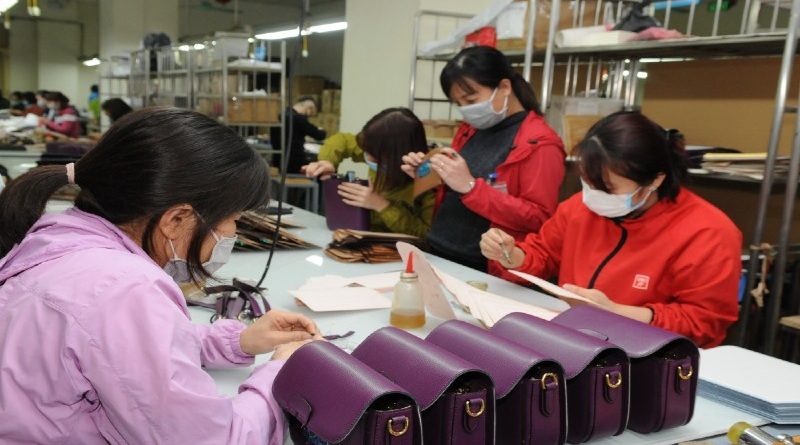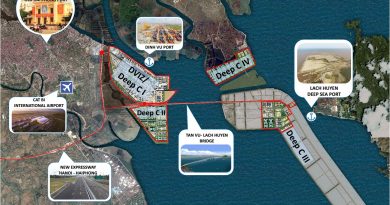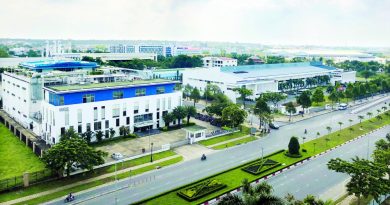Vietnam’s fashion industry prepares to wow Europe
Vietnam’s membership in three new-generation trade agreements implemented in 2020, including the EU-Vietnam Free Trade Agreement (EVFTA), the Comprehensive and Progressive Agreement for Trans-Pacific Partnership (CPTPP), and the Regional Comprehensive Economic Partnership (RCEP), is opening up vast new markets for its industrial production.
The fashion industry is one clear beneficiary of the EVFTA implemented in August 2020, and specifically trade between Vietnam and the Netherlands. To seek cooperation opportunities generated by the EVFTA, the Vietnam Trade Promotion Agency (Vietrade) under the Ministry of Industry and Trade, and the Dutch trade association for fashion, interior design, carpets and textiles (MODINT) held an online conference in late November to allow Vietnamese firms to introduce their products to potential Dutch partners.
According to Le Xuan Duong, Head of Policy and Trade Promotion for the Vietnam Leather, Footwear and Handbag Association (LEFASO), Vietnam is the world’s third largest footwear manufacturer and second largest exporter of such products. The EU is Vietnam’s second largest export market after the United States, with shoes and bags directly exported to about 20 EU countries, including Germany, Belgium, France, Italy, Spain, and the Netherlands – the third largest importer in the EU.
Exports by the textile and garment industry to the EU are forecast to increase about 67 percent by 2025. However, according to the commitments under the EVFTA, in addition to meeting strict quality criteria, local businesses must implement strict origin requirements in order to enjoy preferential tariffs.
Specifically, exports to the EU must use fabric produced in Vietnam or the EU. The agreement also allows firms to use fabric from countries which have FTAs with both Vietnam and the EU.
Vietrade Deputy Director Le Hoang Tai said that since the EVFTA took effect, many Vietnamese fashion enterprises are restructuring their operations, upgrading infrastructure, and finding raw materials to meet commitments under the agreement, as well as renovating machinery and equipment and improving product quality to better serve the EU market.
EVFTA is expected to help Vietnam-Netherlands trade in general, and fashion products in particular, maintain strong growth, Tai emphasized.
According to Iwan Rutjens, First Secretary of Economic Affairs at the Dutch Embassy in Vietnam, Vietnam has a vibrant economy and experience gained through the exchange of expertise and technological innovation between the two countries. He believes this will create opportunities for Vietnam to develop and diversify its economy and enhance the competitiveness of domestic enterprises to achieve a win-win advantage for both Vietnam and the Netherlands.
Source: ven.vn









